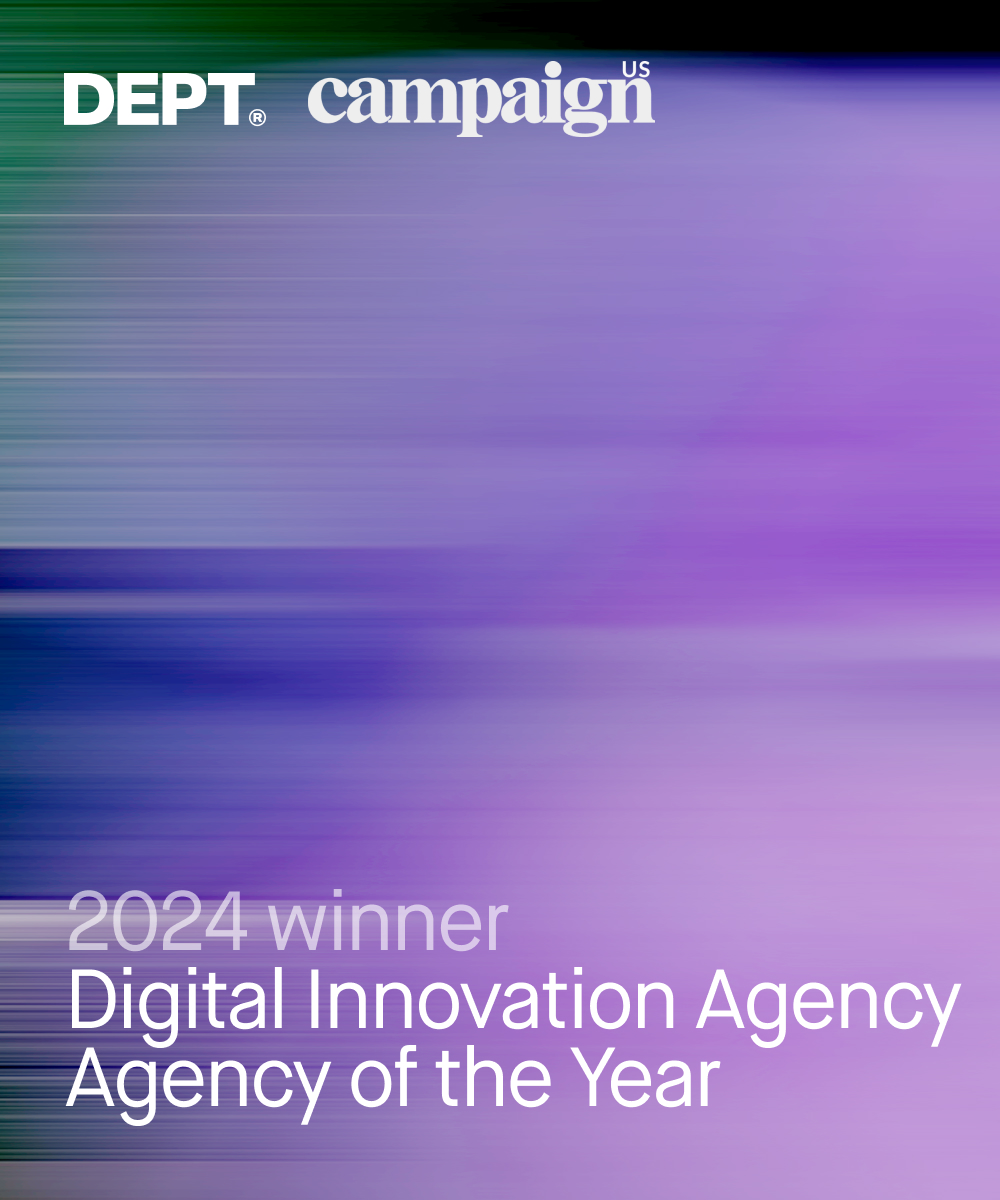As the Covid-19 crisis has demonstrated, it’s impossible for businesses to fully predict the future. The global, economic upheaval has impacted companies across the globe, and shown that no business or solution or a can ever truly be ‘future-proof’. Instead, now is the time to focus on being ‘future-ready’; establishing new business models to deal with current and future challenges, and better positioning your organisation to deal with disruption if and when the unexpected happens again.
A recent report that studied the biggest emerging challenges in the business world outlined the six key attributes of a future-ready business:
- Have a positive outlook to change
- Are open to new technology
- Actively plan for technological futures
- Set detailed strategies
- Keep up to date with emerging trends
- Are adaptable
Of the 1,800 businesses surveyed in the report, only 20% demonstrated the full suite for future-ready characteristics and, unsurprisingly, it’s these companies that are faring better against the current challenges.
The keystone across these six attributes is technology; the need to establish an integrated ecosystem that enables your business to maximise efficiency, streamline operations, increase revenue, and make data-led decisions.
Businesses have been innovating at a steady pace over the past few decades and, far from stalling progress, the pandemic has accelerated already existent trends and pushed digital transformation up the priority list. The rapid execution of digitisation initiatives over the past few months has been astounding, from global B2B manufacturers rapidly spinning up new D2C sales channels, to smaller businesses finding new ways to peddle their wares, to healthcare providers supplying vital services via digital solutions, and the mass adoption of virtual teleconferencing solutions. 71% of businesses have invested in at least one new technology solution in response to the pandemic, with nearly 40% accelerating digital transformation plans as a direct response.
Among the trends that have been fast tracked by the crisis, the most obvious is the drift from physical, in-person commerce to a digital-first approach. In the B2B space, this is driving many to consider the role of their digital offering in the customer commerce journey, how they operate as a wholesaler, and how their business could function in a D2C set-up.
A recent McKinsey survey, ‘Global B2B decision maker response to COVID-19 crisis’ covered what B2B decision makers are looking for when researching suppliers, tracking the importance of different digital features in this new marketplace. The survey looked at markets in Europe, Asia and the Americas and found that across the board, there’s an increase in demand for digital self-serve options that empower buyers to find, and purchase, their solution. For some businesses, launching an e-commerce offering will be new ground, having always conducted the transactional side of the business offline. For those already with e-commerce, it’s the focus on customer experience that’s the imperative.
Technology unites a business
Operating an online commerce business takes more than just implementing a commerce technology solution. Commerce is connected to each part of your business; a robust platform provides the throughline. The ease of de-siloing a company is a major benefit of using cloud-based platforms. The breadth of tools available by the market leading solutions allow a range of departments to gain value from the software, from supply chain management through to financial reconciliation.
A technological future rests on creating a digital infrastructure that can unite all sides of the business; a unified platform that will make tasks more efficient, business intelligence more accessible, and data more actionable. This is important considering the complexity of many B2B organisations, relying on information from a broad set of different departments. The growth of work from home models only contributes to this, enabling a spread out workforce to collaborate through a robust digital platform.
By digitising the commerce operation, businesses can start to collect, collate and interpret data from across the manufacturing, supplying and selling journey. When thinking about the operational challenges of your business, having a clear understanding of the key metrics that are affecting targets, like profit margins and delivery speed, can make all the difference.
Looking externally, customer experience is a top priority for the modern business. Commerce and marketing platforms are designed with this in mind, providing tools and features that allow users to create market leading online experiences for their customers.
Chief among them is personalisation. Advancements in digital technology have radically cut the time it takes to understand each individual customer and provide a personalised commerce experience. This technology is widely available; all businesses now have the ability to implement personalisation strategies into their marketing and commerce efforts. This is good news, seeing as smart personalisation engines that recognise customer intent can lead to an average profit increase of 15%. The flipside to this, is that personalisation has moved from an added benefit of certain businesses to an expected feature across every experience.
Expecting personalisation is part of a broader notion of increased digital expectations. The high bar set by e-commerce giants like Amazon has raised baseline expectations of all consumers, whether purchasing for themselves or their organisation. Order tracking, site search, live customer support chat – this checklist has bled into the B2B sector as people started believing that this is how things are done online.
Understanding how important these features are, the top commerce, experience and marketing platforms build them into their offering, allowing business to quickly put in place these must have functions on their website and any surrounding digital channels. Cloud commerce platforms are particularly well equipped for this situation, as their quick and easy upgrade cycle allows further functionality, like options for voice activated assistants, to be built into the platform.
Taking the first step
Action begins with reviewing the business’s current tech stack. Whether the company currently uses a cloud commerce or marketing platform or not, it is imperative to work with a software partner that offers what your business is looking for. There is a wide spectrum of digital technology providers each with a different specialism. Sources like the Gartner Magic Quadrant and Forrester Wave can provide businesses with an overview of each software’s specialism.
Salesforce is the leading cloud-based solution provider, with over 150,000 companies across the world utilising its solutions to run and grow their business. Salesforce provides customer relationship management solutions bolstered by a suite of complementary enterprise applications focused on customer service, marketing automation, analytics, and application development.
Salesforce’s particular strength is in commerce, advanced personalisation, market leading machine learning and AI tech, and integration with other software. There is also a deep community of developers and users and agency partners to draw on, useful for new Salesforce users.
Overall, this creates a digital ecosystem that provides a lot of agility at a customer facing level through the fast creation, rollout and updating of a site, and at an operational level through the data processing capabilities of Salesforce. This speed makes a huge difference to any business, particularly commerce companies that need to ensure they are offering a best-in-class purchasing experience. It also suits the demands of the modern economy through the ease of scaling up and scaling down the current offering, allowing the business more autonomy over its digital operation.
This is an excerpt from DEPT®’s whitepaper, ‘How to Accelerate your Digital Business with Salesforce.’ Download the full report.
More Insights?
View all InsightsQuestions?
Head of Marketing, EMEA





